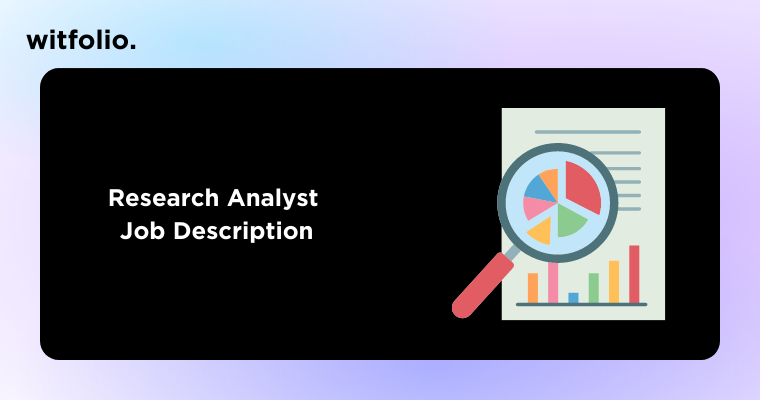A research analyst is a professional who collects and analyzes data, information, and statistics to help organizations make informed decisions. Research analysts work in various industries, including finance, healthcare, marketing, and education. They use various research methods, including surveys, interviews, and experiments, to gather data and generate insights.
Who is a Research Analyst?
A research analyst is a person who is responsible for conducting research and analyzing data to provide insights into various aspects of a business or organization. They are required to identify patterns and trends in data and present their findings to management or other stakeholders. Research analysts also help organizations make informed decisions by providing accurate and up-to-date information about their industry, competitors, customers, and markets.
Roles and Responsibilities of a Research Analyst
- Collecting and analyzing data using various research methods
- Identifying trends and patterns in data and presenting insights to stakeholders
- Conducting market research to identify customer needs and preferences
- Providing accurate and up-to-date information about competitors, industry, and market trends
- Developing and maintaining databases to store and analyze data
- Communicating research findings to management and other stakeholders
- Collaborating with other teams to provide insights and recommendations for improvement
- Creating reports, charts, and graphs to present research findings
- Maintaining confidentiality of sensitive data
Skills Required for a Research Analyst
- Strong analytical and critical thinking skills
- Proficiency in using statistical analysis software such as SPSS, SAS, or R
- Excellent written and verbal communication skills
- Strong attention to detail and accuracy
- Ability to work independently and as part of a team
- Excellent time management and organizational skills
- Proficiency in Microsoft Excel and other data analysis tools
- Knowledge of research methods and techniques
- Ability to present complex information in a clear and concise manner
- Strong problem-solving skills
Qualifications Required for a Research Analyst
- A bachelor’s degree in a related field such as statistics, mathematics, economics, or psychology
- A master’s degree in a related field is preferred
- Certification in data analysis or market research is a plus
- Relevant work experience in research, data analysis, or market research is preferred
What Does a Research Analyst Do?
A research analyst collects and analyzes data, identifies trends and patterns, and presents insights to stakeholders. They conduct market research, identify customer needs and preferences, and provide accurate and up-to-date information about competitors, industry, and market trends. They collaborate with other teams to provide insights and recommendations for improvement and create reports, charts, and graphs to present research findings.
Final Word
A research analyst plays a vital role in providing accurate and up-to-date information to help organizations make informed decisions. They are responsible for collecting and analyzing data, identifying trends and patterns, and presenting insights to stakeholders. To become a research analyst, you need to have strong analytical and critical thinking skills, proficiency in statistical analysis software, excellent communication and organizational skills, and relevant qualifications and work experience. We hope this blog has provided you with a comprehensive understanding of the research analyst job description, roles, responsibilities, skills, and qualifications.
FAQ
Research analyst is a good job for those interested in conducting research, analyzing data, and presenting insights. It offers opportunities for growth and career advancement.
The expected salary of a research analyst in India varies based on experience and industry, but can range from INR 2-10 lakhs per annum.
To prepare for a research analyst interview, one should research the company, understand the industry, practice analytical skills, and be familiar with research methodologies and tools. Also, brush up on communication and presentation skills.
Disclaimer
This article is solely for educational purposes. Witfolio or its team doesn't take any responsibility for the information or claims made in the blog.
